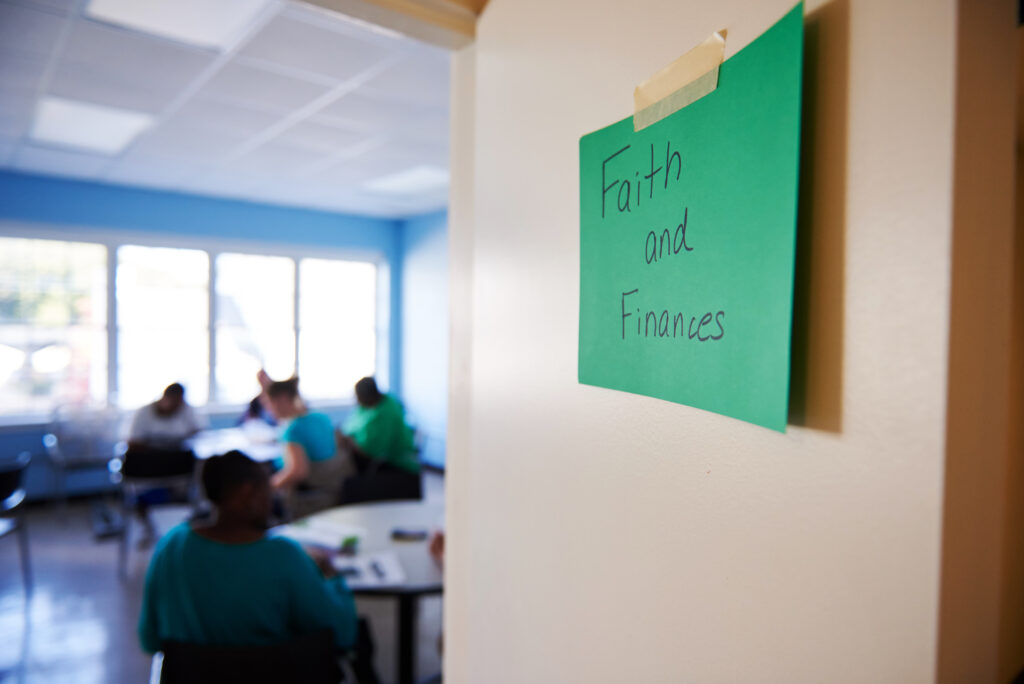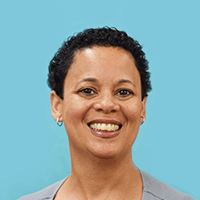Financial Literacy: More than Just the Facts
ADVISORS or ALLIES?
April is recognized as National Financial Literacy Month. Here’s a question to ponder: why don’t more Americans make better decisions in managing their finances? Is it simply that they need better information?
Dr. Shane Enete, finance professor at Biola University and Faith & Finances certified facilitator, authored a recent article in Forbes magazine exploring this question. It seems that up to 80% of people who need to make changes to their finances don’t alter their behavior even after receiving solid financial counsel that is customized to their situation. Why?
Citing psychological studies of human behavior, Enete suggests that getting good advice alone is not enough. People need others coaching them and modeling how to integrate changes in their behavior over time. Enete says that in order to be more effective with people who need financial counsel:
“I need to become a financial facilitator. A financial facilitator walks alongside people, meets them where they are, and helps guide them toward meaningful change.”
These observations reinforce the importance of why Chalmers’ Faith & Finances program is designed as it is. It’s a money management class for people who think they don’t have any money to manage. The key to its success is that it operates as a small group where people from various walks of life come together to encourage and support one another while they learn and practice new financial skills.

A CASE STUDY: BRANCH15
Branch15 is a Christ-centered residential community offering restorative, empowering support for women and their children coming out of crisis situations. Executive Director Stefannie Powell and Program Director Terri Gordineer learned about Faith & Finances after taking Chalmers’ Innovate course in 2023. “We had been praying for something like this,” Stefannie said.
During their 18-24 months at Branch15, the women are working through their barriers, which could include recovery, trauma counseling, drug court, and regaining custody of their children. Last fall, the ministry launched their first Faith & Finances class in Oklahoma City, nearly a year after staff members had completed the facilitator certification training.
While they initially intended to offer Faith & Finances sooner, Stefannie and Terri decided that more time was required to lay some intentional groundwork in order to set the class up for success. For one thing, they determined that the women in their program needed time to build trust and do some of the emotional work necessary to allow the learning to go deeper. And for another, the staff took more time to pray over, invite, and train the volunteers (allies) who would support the ladies on their journey.
The time they invested to proceed more slowly paid off! Once the class started, the Branch15 women began to have “lightbulb moments” as they learned and practiced new skills. Preparing crockpot meals for their meetings was a lesson on home economics as recipes were shared each week. Mothers newly reunited with their children had support as they worked through how to balance placing boundaries on their spending with their desires to be “a good mom.” The women were experiencing freedom from their abusive financial pasts and rewriting their futures.
Relationships deepened, not only amongst the residents, but also with the allies. Despite some initial hesitation to include men in the weekly classes, the Holy Spirit worked to soften hearts and prepare the men to participate in the Faith & Finances conversations. Having godly, safe men in their lives was a first for most of the women. A few men shared their own experiences of being raised by single moms, which was healing for everyone. Some of the men helped the Branch15 women purchase and care for cars, as a dad or big brother would. The class was transformational for everyone involved.
Branch15 intends to expand Faith & Finances to their other sites around their state. Stefannie and Terri shared some key learnings from their experience that others can incorporate into their planning for teaching financial education classes with people who are financially vulnerable.
- Money is deeply emotional, so be prepared to gracefully deal with feelings like shame as people seek to make changes.
- Celebrate small victories with participants from week to week.
- Make sure to create a safe space for the classes and follow up in between.
- Success came from the consistency of relationships over the 12 weeks even if the behavior of integrating new skills wasn’t always consistent.
- Remember to be a student yourself.
You can watch a recent conversation with Branch15 about their program here.
If you are interested in being certified to offer Faith & Finances in your own ministry, there’s still room in the upcoming training beginning the week of April 21st! Visit our website to learn more or to register.


